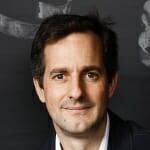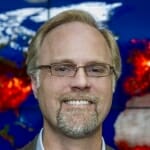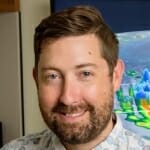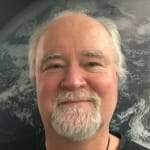Search narrows for next director of Space Science and Engineering Center
Four finalists have been named for director of the University of Wisconsin–Madison’s internationally known Space Science and Engineering Center.
The SSEC, established in 1965, is a multidisciplinary research and development center with data and imaging at its core. Its mission is to conduct atmospheric, oceanic, environmental and astronomical research using model simulations and remote sensing from space-borne, airborne and surface-based platforms to discover and apply physical properties of the universe for the benefit of humanity.
The SSEC houses the Cooperative Institute for Meteorological Satellite Studies (CIMSS) and the SSEC Data Center, which holds the world’s largest online, geostationary weather satellite data archive used by industries from agriculture to aviation.
The director finalists are:
Daniel Cziczo, an associate professor of atmospheric chemistry with a secondary appointment in civil and environmental engineering at the Massachusetts Institute of Technology’s Department of Earth, Atmospheric and Planetary Sciences.
Bryan Duncan, a research physical scientist at NASA’s Goddard Space Flight Center and a project scientist for NASA’s Aura satellite mission.
Stephen Nesbitt, an associate professor in the Department of Atmospheric Sciences at the University of Illinois at Urbana–Champaign.
Brad Pierce, a physical scientist at the National Oceanic and Atmospheric Administration within the Advanced Satellite Products Branch on the UW–Madison campus co-located with CIMSS. He also is an adjunct faculty member in UW–Madison’s Department of Atmospheric and Oceanic Sciences.
Visit research.wisc.edu to learn more about each of the candidates and the schedule of public presentations and question and answer sessions.
“The SSEC plays an integral role on the UW–Madison campus in leading large-scale research programs involving instrument development, data analysis technique development, participation in field campaigns, and new technology definition and implementation,” says Norman Drinkwater, interim vice chancellor for research and graduate education.




